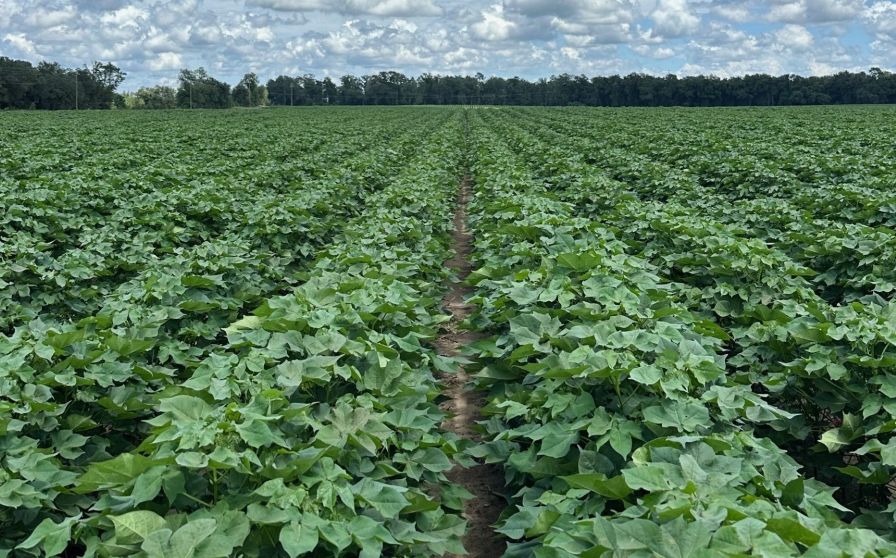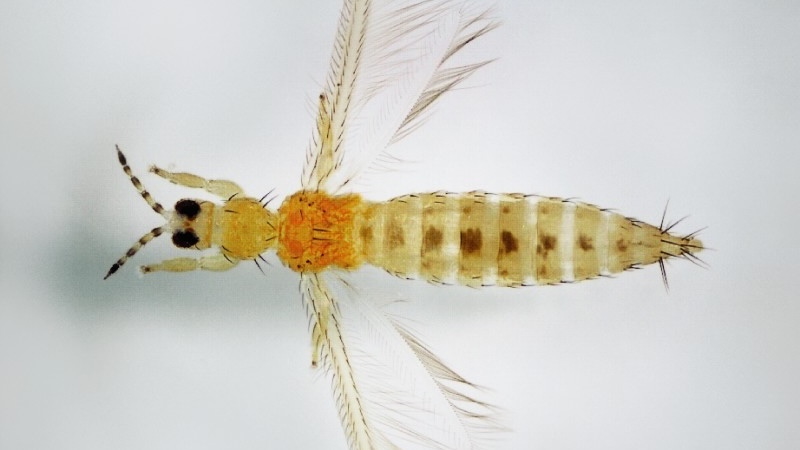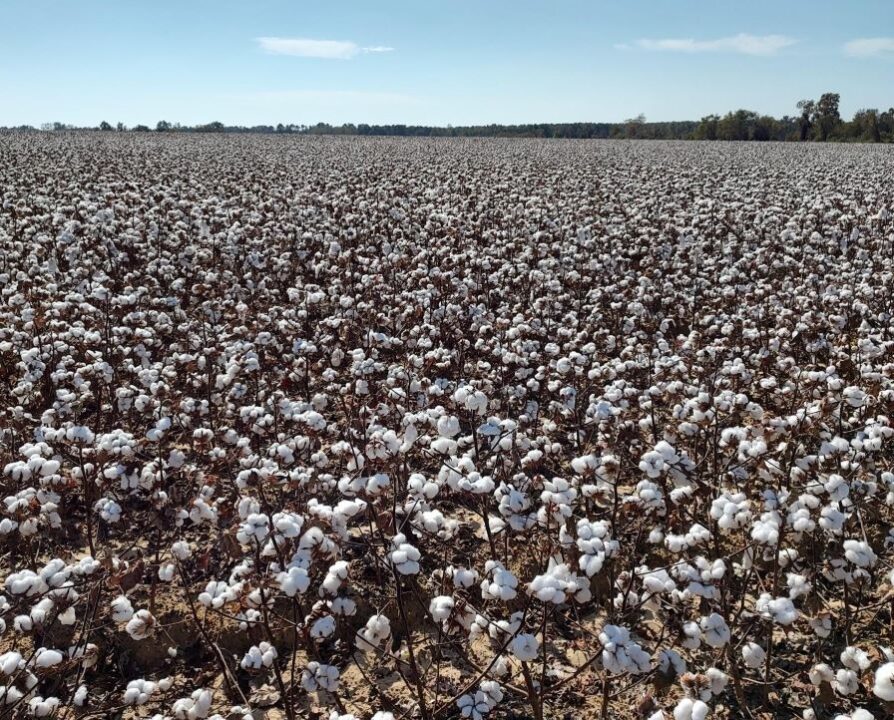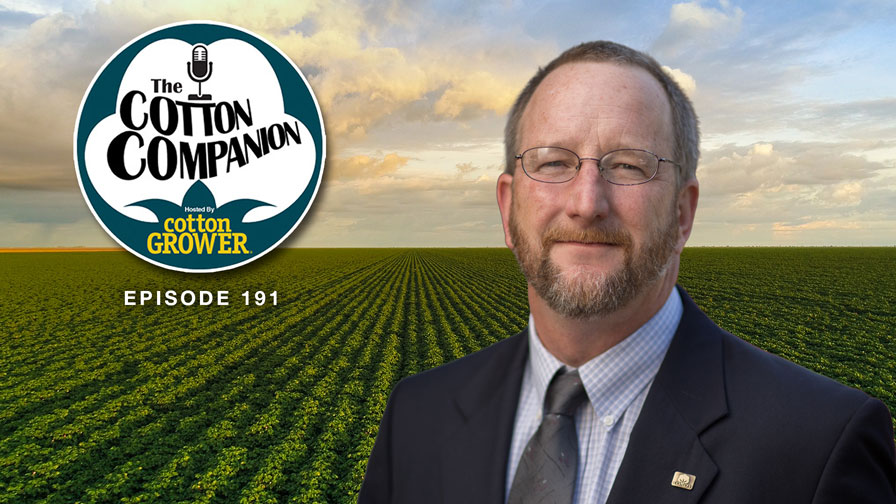It’s Official: Organic Cotton Is In Style
In the fall of 2006, leading jeans manufacturer Levi’s introduced styles made with 100% organic cotton. “Given our history as a leader in responsible manufacturing and business practices,” said Robert Hanson, Levi’s U.S. brand president, “this initiative is about quality and responsibility never going out of style.”
Levi’s may have invented jeans, but the company is not the first — or the only — clothing manufacturer to embrace organic cotton.
From The Gap To The Runway
Gap Inc. operates over 3,100 stores in the U.S., the U.K., Canada, France, Ireland and Japan, under the brand names of Gap, Banana Republic, Old Navy, Forth & Towne and Piperlime. Earlier this year, the retailer introduced men’s organic cotton T-shirts into more than 500 stores in North America — in response to growing customer demand. Kindley Walsh Lawlor, senior director of planning and environmental affairs for the retail giant, explains: “Our customers have shown a real interest in responsibly produced products, and we’re excited to offer environmentally sensitive items.” Other major retailers such as Target, which carries organic infant-wear; Victoria’s Secret; Nike, one of the world’s largest retail users of organic cotton; and Wal-Mart, which is in the top five brands that globally use the most cotton — are joining the green trend.
It isn’t only chain retailers that have jumped onto the organic cotton train; this year’s high-fashion Mercedes-Benz Fashion Week at Smashbox Studios, held in Los Angeles, California in October, showcased eco-conscious designers in The Gallery Showcase Los Angeles’ presentation, The Green Initiative.
“Eco-Chic” designers such as Peligrosa, Vintage China, Rene Geneva Design, Roshi Salim, Wet Cement, and M the Movement shared styles ranging from ladies’ corsets to men’s suits, showing the versitility and beauty of the fabric.
Environmentalism Becomes Fashionable
For its growing popularity, however, organic cotton’s place in fashion is still new. Mercedes-Benz Fashion Week made headlines with its environmentally conscious line-up of shows from Ecoganik, The Gallery and Evidence of Evolution. The introduction of an organic line of clothing from Levi’s and the Gap still make news. Organic cotton is considered a selling point — but is it just a temporary trend?
Fashion industry experts disagree on the answer. An eco-sensitive lifestyle appeals to millions of consumers buying into sustainable textiles for home and fashion décor; however, critics question the recent green consumerism — critics such as George Black, an editor and columnist at OnEarth, the quarterly journal of the Natural Resources Defense Council, who called the fashion trend “eco-narcissism,” and stated that “green is the new black.”
Whether or not the organic trend is here to stay, it’s definitely having its moment now. In Spring 2006, clothing designer H&M introduced a small collection of organic pieces. It was so successful that this fall, the line expanded into organic cotton designs from underwear to outerwear, all marketed with an easily recognized tag identifying the garment as organic cotton.
With organic cotton fetching a higher price than conventionally grown crops, the eco-fashion boom is a windfall for growers.









